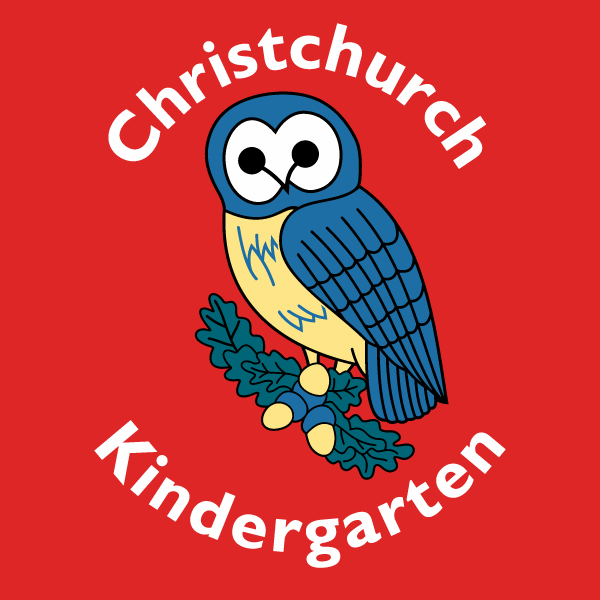Curriculum of Childrens Learning and Development
Early years Foundation Stage (EYFS)
Overview of Children's learning and development
Christchurch Kindergarten’s aim is to empower children by providing a play based curriculum, that encourages thinking and offers opportunities to explore a range of experiences and ideas. Learning is often a social experience; where children learn from each other and learn how to be with each other.
Practitioners plan daily and weekly to provide a varied programme of challenging activities to develop the child’s areas of learning. Each child’s individual needs are identified by observing them in their play. Practitioners discuss and evaluate their observations and then provide appropriate activities to deepen, extend and scaffold children’s interests and understanding. Children develop an awareness of the learning process which has a positive approach to learning new things, being self-motivated and develop independent skills. We encourage children’s curiosity by enhancing our provision with a range of materials and experiences to investigate and explore. The experiences at the Kindergarten help children to make links, see patterns and make sense of the world.
At Christchurch Kindergarten many children are learning English in addition to their home language. Our provision is based on children learning through first-hand experience and play-based learning with lots of adult support to extend and scaffold their learning. The learning is further enhanced by the use of visual resources by experienced practitioners who are skilled in working with children to develop the child’s skills even further.
There are four overarching themes for our work with children:
- a unique child: every child is a unique child, who is constantly learning and can be resilient, capable, confident and self-assured.
- positive relationships: children learn to be strong and independent through positive relationships.
- enabling environments: children learn and develop well in enabling environments, where their experiences relate to their individual needs and there is a strong partnership between practitioners and parents and/or carers.
- learning and development: children develop and learn in different ways and at rates which are comfortable to the child. The framework covers the education and care of all children in early years provision, including children with special educational needs and disabilities.
Within learning and development there are seven areas; three prime areas and four specific; The three prime areas: • communication and language • physical development • personal, social and emotional development are important for building a foundation for igniting children’s curiosity and enthusiasm for learning, forming relationships and thriving. Providers must also support children in four specific areas, through which the three prime areas are strengthened and applied. The specific areas are: • literacy • mathematics • understanding the world • expressive arts and design.
Educational programmes must involve activities and experiences for children, as set out under each of the areas of learning.
The Early Years Foundation Stage (EYFS) 2021 sets the standards that ensures that children learn and develop well and are happy and safe. Key aspects include: quality and consistency, a secure foundation, partnership working and equality of opportunity. The EYFS begins when the child starts in the early years provision and continues through to the end of the reception year at primary school. More information about the EYFS can be found on the website.
